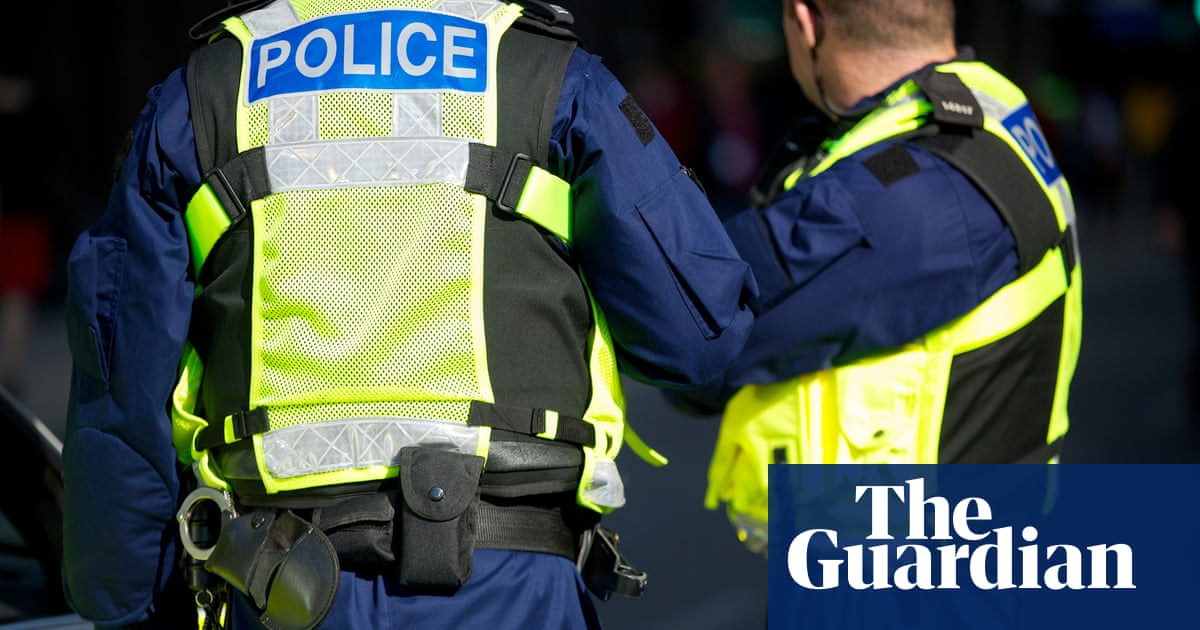
People who persistently demonstrate antisocial behaviour will face up to two years in jail under Labour’s Respect orders, the home secretary will say on Friday.
Yvette Cooper will also announce that police will be given new powers to immediately seize off-road bikes, e-scooters on pavements and street-racing cars as part of the clampdown.
The changes, which are meant to deal with rowdy youths, problem drinkers and unruly hooligans, might not be rolled out across the whole of England and Wales before 2026, Whitehall sources said.
They will be introduced in the crime and policing bill in the new year but will be piloted in a specific area before further implementation across other police forces.
As well as a prison sentence, courts could hand out unlimited fines and order those who flouted the rules to carry out unpaid work or abide by a curfew, the Home Office said.
“Respect orders will give police and councils the powers they need to crack down on repeated antisocial behaviour, keeping our communities safe and ensuring repeat offenders face the consequences of their actions,” Cooper will say.
“These new powers alongside thousands more neighbourhood officers and PCSOs will help this government deliver on our mission to take back our streets.”
Under the orders, police and councils will be handed powers to ban persistent offenders from town centres or from drinking in public places such as high streets and parks, with officers able to arrest anyone breaching their order.
Perpetrators could also be told to take anger management courses or attend rehabilitation treatment for drug and alcohol problems to address the causes of their behaviour under the plans.
Police would no longer have to issue warnings before seizing vehicles, allowing forces to impound vehicles without delay, the Home Office said.
Social landlords, Transport for London, Transport for Greater Manchester, the West Midlands combined authority, the Environment Agency, Natural Resources Wales and the NHS Counter Fraud Authority are among other public bodies allowed to apply for Respect orders.
The move signals a return of rules similar to antisocial behaviour orders (Asbos), introduced under Tony Blair’s government, which were previously in force in England, Wales and Northern Ireland and are still used in Scotland. Asbos were criticised for being used to disproportionately criminalise people of colour.
They are an early step towards Keir Starmer’s mission statement to “halve serious violent crime and raise confidence in the police and criminal justice system to its highest levels in a decade”.
Last month a watchdog said police “must and can do better” in cracking down on antisocial behaviour.
The inspector of constabulary, Lee Freeman, called for a “renewed focus” on staffing neighbourhood police teams, who are often the first to deal with such incidents.
Most police forces in England and Wales needed to improve the way they identified, recorded and responded to antisocial behaviour, as well as how they protected victims, his inspection report said.
In the year to September 2023, about 1m antisocial behaviour incidents were reported to the police.
Andy Prophet, a deputy chief constable who leads the National Police Chiefs’ Council’s work on antisocial behaviour, said: “Respect orders will give the police and councils the ability to crack down on those who persistently make our streets and public spaces feel unsafe.”












